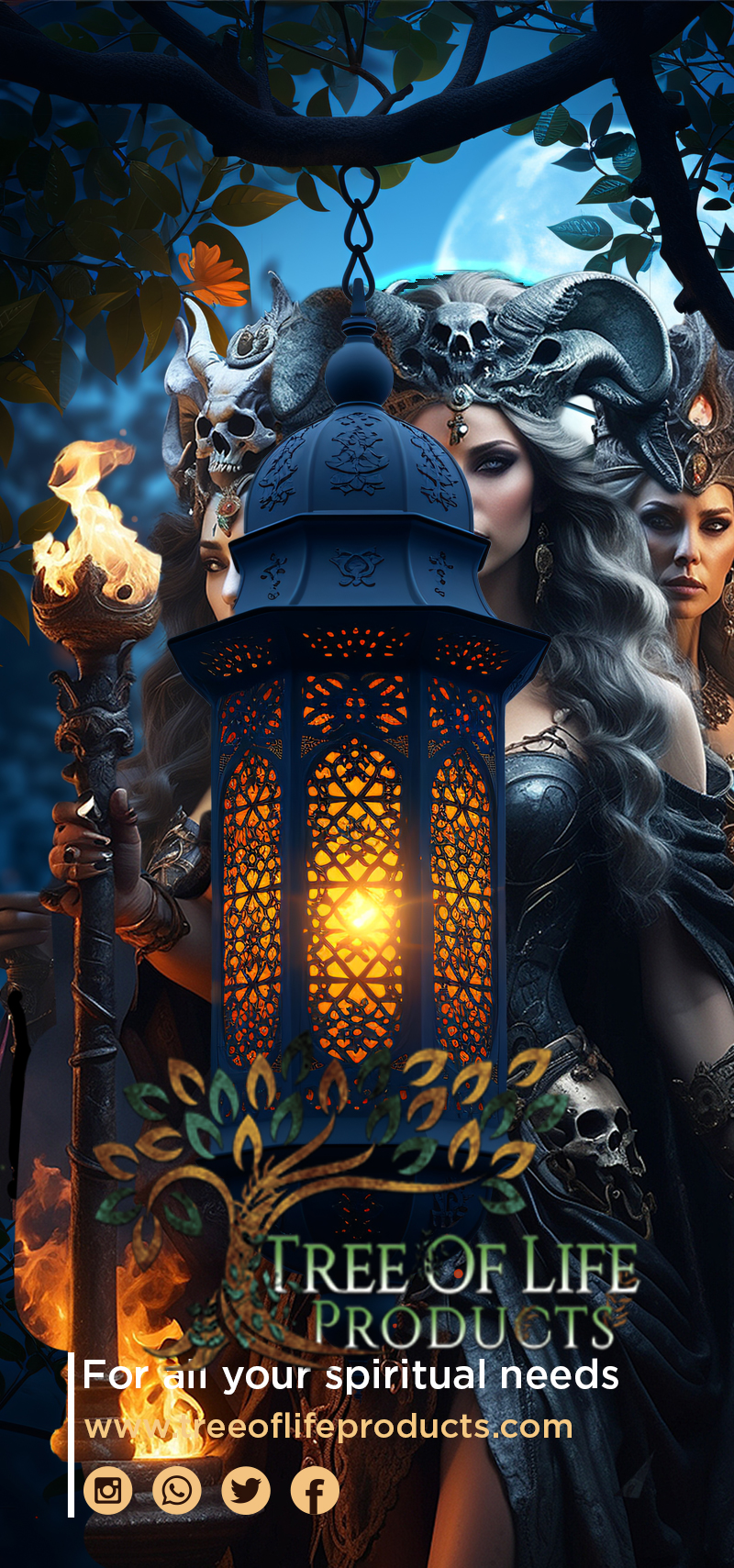Thanks to ![]()
Once again, a well-known conservative commentator has reached for the same tired trope: blaming “paganism” for the ills of modern politics. This time, it’s David Brooks in his New York Times column from May 2nd, “How to Survive the Trump Years With Your Spirit Intact.”
Brooks asserts that we are entering a “pagan century,” invoking ancient Rome as a metaphor for authoritarian masculinity, moral decay, and social collapse, similar to Rabbi David Wolpe’s article in The Atlantic from late 2023. He equates Donald Trump’s personality and worldview with a supposed “pagan” ethos — one that allegedly celebrates ego, conquest, and cruelty, and stands in contrast to the compassion and humility he associates with the Judeo-Christian tradition.
But the real problem with Brooks’s argument is not just its historical inaccuracy or theological selectiveness. It’s the way he carelessly misappropriates “paganism” to describe everything from tech bros and strongmen to Christian nationalists. This isn’t just intellectually lazy; it’s harmful.

The Halsted Athena at Wrightwood 659 in Chicago. Courtesy: Halsted A&A Foundation
Modern Pagan communities — Wiccans, Druids, Heathens, Hellenists, and others — exist across the world today, grounded in values of reciprocity, reverence for the Earth, personal responsibility, and community ethics. Brooks makes no distinction between ancient polytheistic societies and contemporary Pagan spiritual paths. Instead, he constructs a strawman “paganism” that serves as a catch-all for cruelty, authoritarianism, and nihilism.
Brooks is an educated writer, but his version of history reads more like theological propaganda than scholarly reflection. For example, he writes: “The pagan ethos does not believe that every human was made in the image of God, does not believe in human equality, is not concerned about preserving the dignity of the poor.” And certainly, ancient pagan traditions did not embrace Abrahamic metaphysics, but neither did many expressions of early Christianity or medieval Christendom.
In fact, the systems Brooks praises often upheld vast inequalities: monarchies buttressed by the notion of divine right, rigid patriarchies, and doctrines that linked wealth with divine favor. Prosperity theology and the Protestant work ethic remain deeply complicit in modern capitalism’s exploitation of the poor, precisely the thing Brooks now faults “pagans” for.
And for all his praise of the Bible’s values, Brooks sidesteps passages that are far from peaceful. Here’s a brief sampler:
- Exodus 12:29–32 – the killing of Egypt’s firstborn;
- Joshua 6:16–27 – the slaughter at Jericho;
- Numbers 31 – the command to kill Midianite men and take women and children captive.
Furthermore, as monotheistic belief took hold in Europe, it often reinforced systems of control and patriarchal dominance, rather than ushering in the freedoms Brooks romanticizes. The Christianization of the Roman Empire — particularly following the Edict of Milan in 313 CE, which legalized Christianity and paved the way for its adoption as the state religion — marked a turning point. With it came the decline of pluralistic religious life and the rise of centralized religious authority aligned with imperial power. The doctrine of the divine right of kings, which asserted that monarchs ruled by God’s will, emerged from this Christian imperial framework. Under Charlemagne’s Holy Roman Empire, for example, legislative, judicial, and military authority were consolidated entirely in the emperor, who claimed divine sanction to impose his own vision of social order across Europe.
As for Brooks’s recrimination of ancient practices, historical paganism was diverse and often included strong social, civic, and moral codes. Moreover, ancient pagan philosophies such as Stoicism and Aristotelian ethics often emphasized self-control and duty to others. Ancient pagan cultures fostered philosophies of virtue, civic responsibility, and personal ethics.
Pagan Athens gave us democracy—yes, democracy, the very thing Brooks argues needs compassion to survive. Pagan Rome, like all other societies, including modern nations, had episodes of brutality while also building roads, establishing laws, and promoting republican governance.
If Brooks wants to speak about history, he should speak honestly.
Perhaps most frustrating is how Brooks avoids naming the actual ideological driver behind much of the authoritarianism he critiques: Christian Dominionism, the belief that Christians are divinely ordained to rule all areas of public life. Instead of addressing this force directly, Brooks pins the blame on a mythologized “pagan resurgence,” conflating it with Christian nationalism. In doing so, he scapegoats a religious minority while ignoring the actual theocratic impulses and pseudo-theological superstructure at work in American politics today.
Worse still, articles like Brooks’s foster confusion between historical paganism and contemporary Pagan religions. In an age where religious minorities — especially Pagans — already face real marginalization, suspicion, and in some cases, violence, Brooks’s carelessness, and by proxy, The New York Times’s carelessness for publishing it with little editorial concern, is irresponsible.
To his credit, Brooks briefly acknowledges that the Trump administration has dehumanized the arts, universities, and faith itself. But his broader narrative pins these harms on a phantom “pagan” threat, rather than the deeply Christian-identified forces actively engaged in censorship, cultural repression, destruction of emotional and bodily autonomy, and political domination.
At a time when many people are seeking meaning outside of traditional religious institutions, Brooks’s closing prediction — that “new winds are going to blow” — comes off less as hopeful prophecy and more as a warning. Given the way he frames paganism, one wonders whether those new winds include a return to witch hunts, figurative or literal.
The reality is that a revival of modern Pagan practices would not bring about cruelty, conquest, or chaos. It would likely mean greater reverence for the Earth, deeper engagement with virtue ethics, and a cultural consensus of “do no harm.” It would mean honoring diversity, celebrating autonomy, and revering spiritual freedom.
Let’s hope Brooks’s “new winds” clear the air of false dichotomies and bad history. Let’s hope they carry us toward a society where no faith needs to vilify another to feel whole.
Brooks fears this coming “pagan century.” But a Pagan century seems to be exactly what we need.







